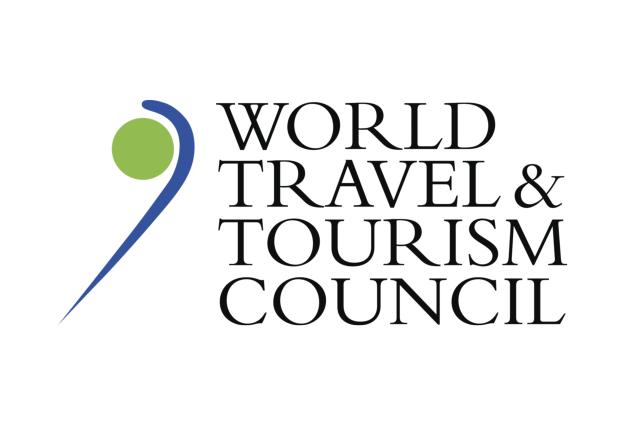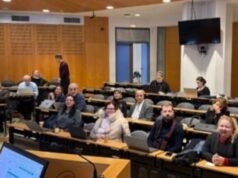Every additional one million international arrivals into Europe would generate nearly half a billion extra US dollars in GDP
New research from the World Travel & Tourism Council (WTTC) shows even a modest increase of just one million more international arrivals into Europe could generate an extra $0.48 billion in GDP.
This would provide a massive and much-needed economic boost for EU economies struggling to survive following the imposition of travel restrictions to combat the spread of coronavirus.
Many governments are evaluating reciprocal ‘travel corridors, including the UK government and those in Europe which are under immense pressure, to enable holidaymakers to take summer holidays and prevent the collapse of the Travel & Tourism sector.
WTTC, which represents the global Travel & Tourism private sector, has carried out an analysis which shows even relatively minor increases in travelling would bring significant economic and job benefits.
For every 1% increase in international arrivals*, a massive $7.23 billion in additional GDP would be generated. So, an increase of 100 million international arrivals – equivalent to an increase of 6.7% – would result in around $48 billion in additional GDP.
Gloria Guevara, WTTC President & CEO, said: “We know restarting the Travel & Tourism sector is a huge challenge, but the economy can be restarted while also prioritising and protecting the health of travellers and those who work in the sector.
“It is vital that governments ensure that the right measures are in place, such as protocols and a comprehensive testing and tracing programme.
“However, WTTC research makes it clear that even a modest resumption of travelling can have massive economic benefits and bring thousands of desperately needed jobs back; providing a critical boost for the struggling Travel & Tourism sector and generating desperately needed GDP for economies left floundering after being struck by the pandemic.
“It’s often said ‘a little goes a long way’; now our figures prove it. For every additional one million international arrivals from outside Europe would be able to generate nearly half a billion extra dollars in GDP.
“We encourage governments to do all that they can to ease the lockdowns and travel restrictions to allow the resumption of responsible travelling. Guided by WTTC’s Safe and Seamless Travel initiative, it should include testing and tracing, consistent with advice from WHO and local health authorities.
“Together, we can control and reduce the spread of COVID-19 and at the same time protect public health and bring confidence back to travellers and to the wider travel sector.”
WTTC has been at the forefront of leading the private sector in the drive to rebuild global consumer confidence and encourage the return of Safe Travels.
WTTC Safe Travels Protocols were developed for businesses across the global Travel & Tourism sector which provided a comprehensive range of measures, with strict health and hygiene regimes to enable them to reopen for business.
The welfare of travellers and the millions of people employed throughout the Travel & Tourism sector were at the heart of the protocols, which were backed by the United Nations World Tourism Organization (UNWTO).
Evidence from WTTC’s Crisis Readiness report, which looked at 90 different types of crises, highlights the importance of public-private cooperation to ensure that smart policies and effective communities are in place to enable a more resilient Travel & Tourism sector.
According to WTTC’s 2020 Economic Impact Report, during 2019, Travel & Tourism was responsible for one in 10 jobs (330 million total), making a 10.3% contribution to global GDP and generating one in four of all new jobs.












